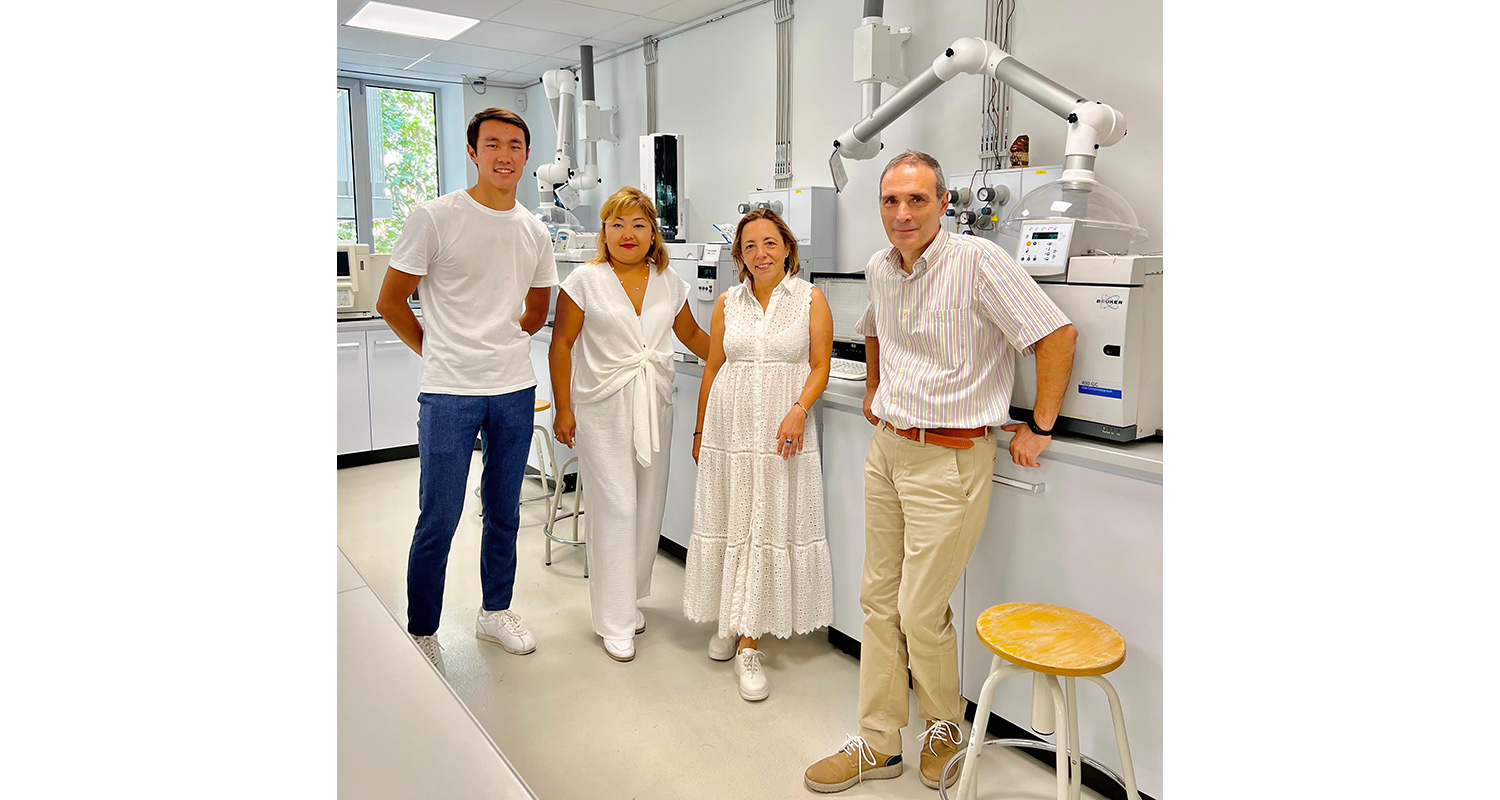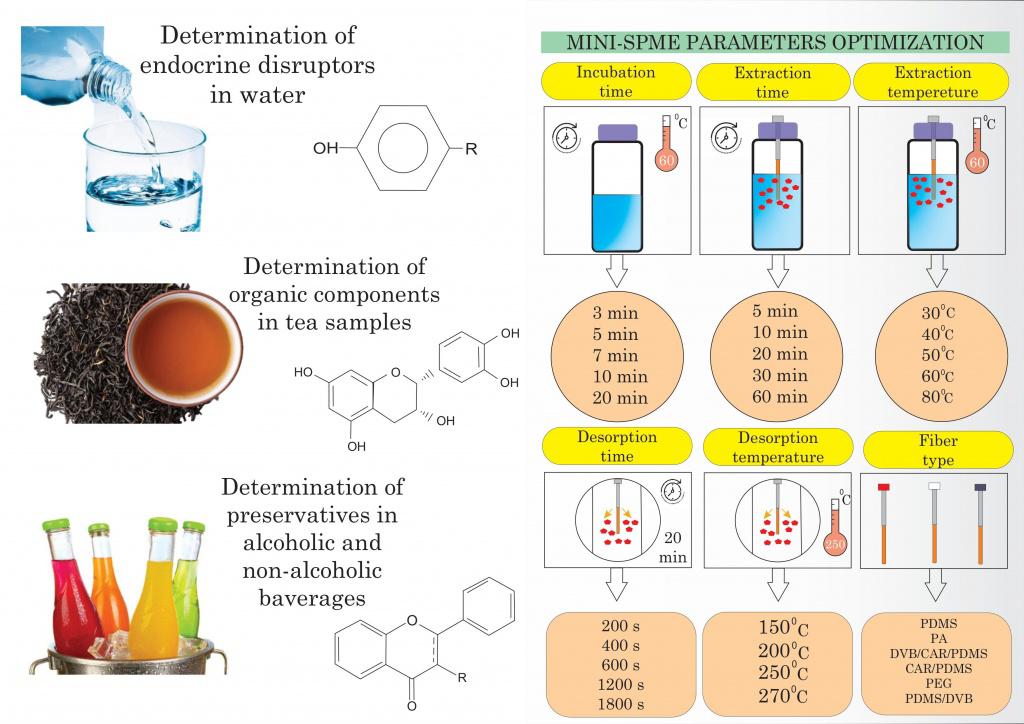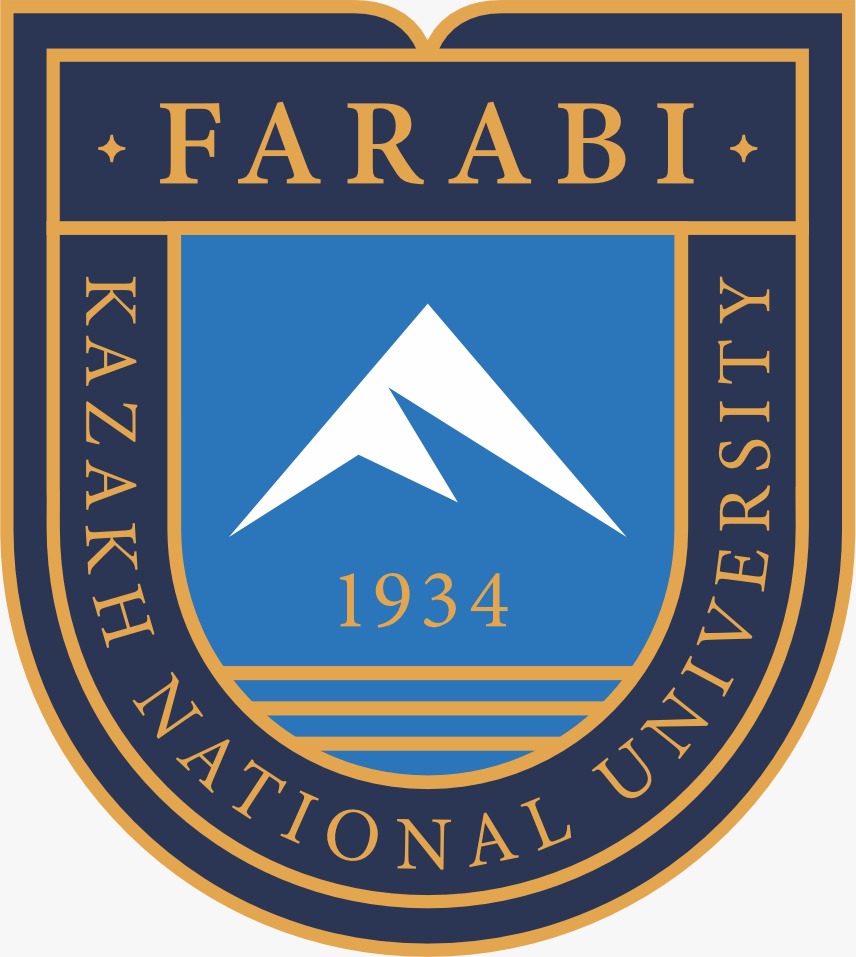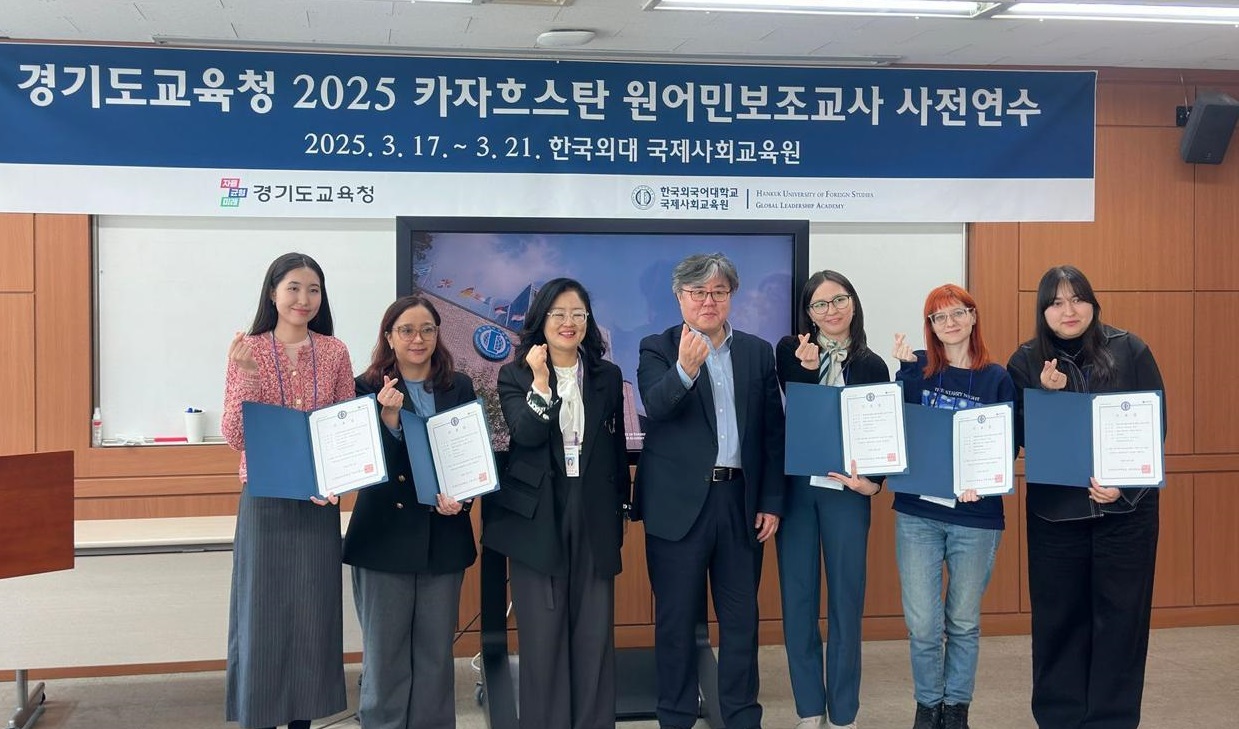KazNU scientists define the quality of food in a new way

Scientists of KazNU named after Al-Farabi is conducting research on the use of miniaturized solid-phase microextraction (mini-TFME) in order to analyze food products and create an effective "green" technique.
According to the project manager, Candidate of Chemical Sciences, PhD, associate Professor Mereke Alimzhanova, such studies are especially relevant in the modern world. "In the age of globalization, there is an increased interest in the issue of food safety, and scientists are working to improve the system of food quality regulation both in Kazakhstan and abroad. After the completion of the project, KazNU scientists will be able to offer the society new green techniques that can be applied in the field of public catering and food enterprises," said project manager M.Alimzhanova.
The aim of the project is to develop and test modern express methods for the analysis of daily food products using "green" technologies, including mini–TFME in combinations of gas chromatography with mass spectrometric detection (GC/MS).
As the project scientists noted, the main idea is to widely monitor and develop modern techniques for determining priority pollutants in food products using "green" methods, including miniaturized solid-phase microextraction. Today, scientists are developing various methods of quantitative analysis of endocrine disruptors in bottled drinking water, an analysis of preservatives in alcoholic and non-alcoholic beverages is being done, studies of the composition of black and green tea are being conducted in order to assess the quality of the product. Miniaturized solid-phase microextraction and gas chromatography-mass spectrometry are used in all developments, depending on the specifics of the chemical composition of the product.

Within the framework of the project, scientific articles have been published in highly rated journals (Food Analytical Methods – Q1, Food Chemistry: X – Q2), cited in the Web of Science and Scopus databases. In addition, in order to fulfill the practical tasks of the project, scientific research was carried out in the framework of international cooperation with Professor Silvia Bolado of the University of Valladolid (Spain).
Other news


